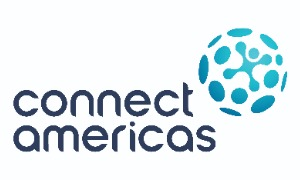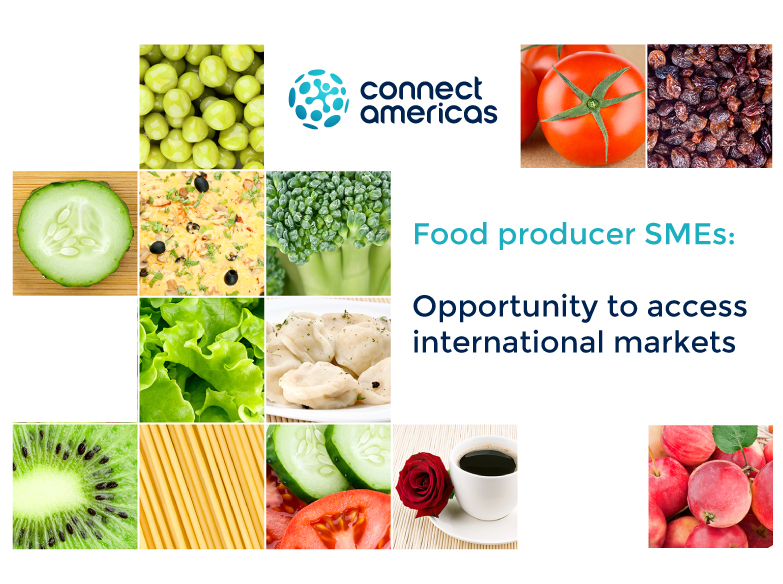The cooperative model is a bottom-up approach in which producers organize themselves into groups and then collectively seek out a buyer. Whereas the outgrower scheme is a top-down approach in which the buyer identifies, recruits and organizes producers into bigger groups. Each model has its benefits and drawbacks in connection with global value chain inclusion.
Cooperatives:
Cooperatives are groups of producers that form self-governed companies or organizations, which vary in levels of sophistication. They can range from simple associations of producers whose only involvement is to sell their produce together in order to achieve sufficient economies of scale to interest a buyer, to sophisticated organizations offering their members access to credit and technical assistance, exporting directly to international markets.
Although a cooperative has no guaranteed access to market, it is at liberty to seek out several buyers and use their economies of scale to negotiate higher prices. As a result, cooperatives present greater opportunities for producers. As an independent actor in the value chain, a cooperative can upgrade into higher value segments by processing raw materials prior to sale. Cooperatives also offer producers payments for their produce, dividends, and when the cooperative adds value to a product, which increases overall income.
The more sophisticated cooperatives provide access to important resources such as credit and input, and require a solid organizational structure and coordination skills to sustain their position in the value chain. Less sophisticated cooperatives generally depend on exporter intermediaries to provide important resources such as credit or training, and may be contracted to sell their product directly to the exporter without adding value.
Outgrower schemes:
The outgrower scheme, on the other hand, is managed by the buyer. This model appears when producers do not self-organize. Often called contract farming, this scheme refers to groups of producers that are brought together and organized by a buyer. Producers must sign a contract to sell their harvest directly to the buyer, often in exchange for some combination of inputs, technical assistance and credit.
Producers benefit from lower risk due to guaranteed access to market for their crops, as well as the provision of essential resources to ensure the production of higher quality crop. According to the Multilateral Investment Fund, participating in these outgrower schemes has been positively correlated with higher incomes, shorter lean periods, better resource management and technology adoption, and increased overall crop productivity.
However, being part of an outgrower scheme does not generally foster opportunities for upgrading in the chain. Furthermore, complicated but beneficial tasks for improving the quality of production are carried out by the contracting entity, transferring less knowledge to the producer. For example, the sanitation of tea leaves, the packaging of fruits and vegetables and the dry processing of coffee beans are generally covered by the contracting entity.
Moreover, working with just one firm locks producers into specific production models, preventing them from diversifying their markets.



Follow Us